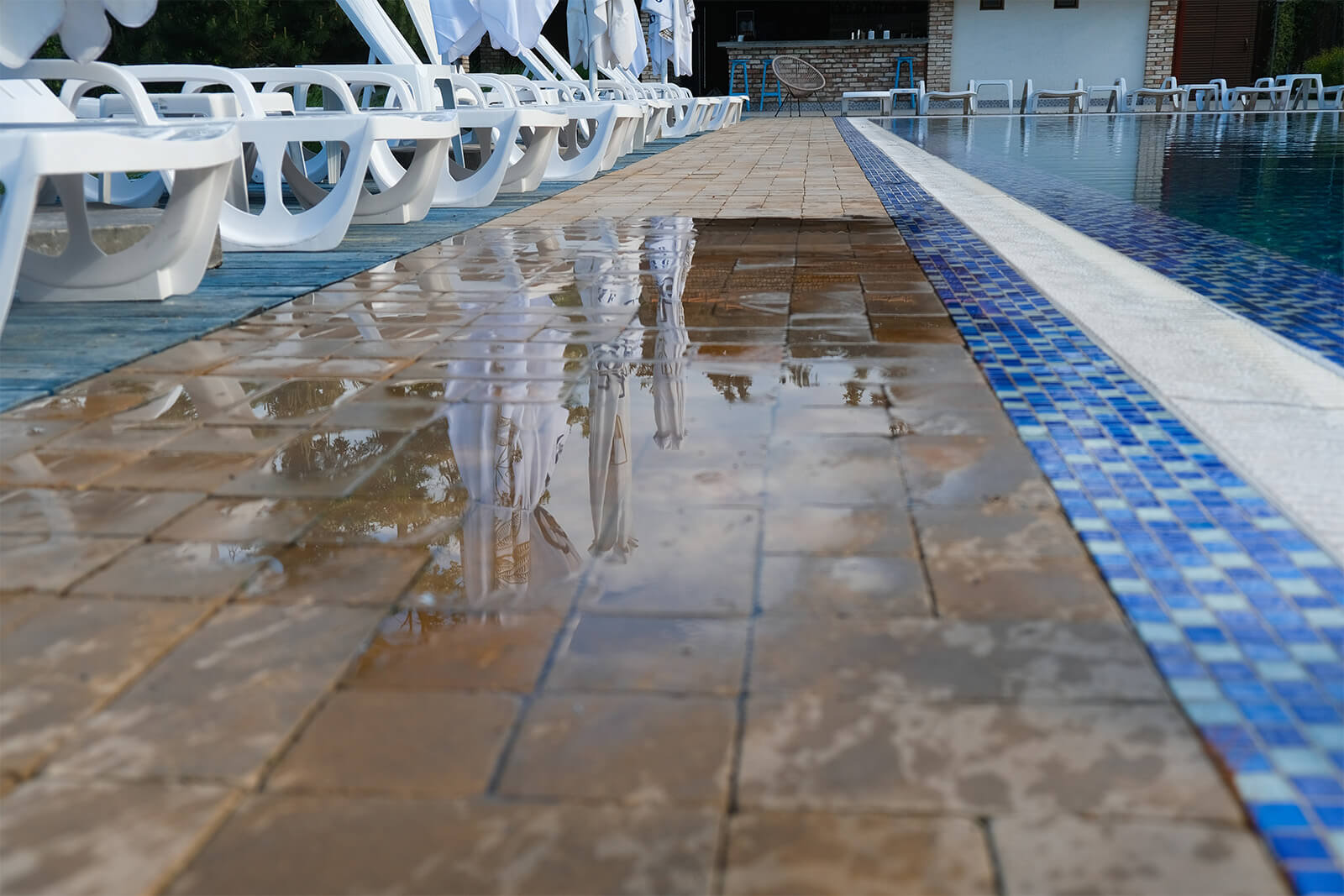Premises liability law applies to a wide range of properties like businesses, private homes, rental properties, and public spaces. The specific obligations of a property owner depend on factors like the type of property and the visitor’s reason for being there. As an example, businesses should be actively inspecting and addressing hazards to protect customers, while homeowners are expected to warn guests about known dangers. When property owners neglect these responsibilities, injuries caused by unsafe conditions can lead to claims for compensation.
How Visitor Status Affects Owner Obligations
The level of responsibility a property owner has depends on why someone is on the property. Washington law classifies visitors into three main categories: invitees, licensees, and trespassers. Each category carries a different standard of care.
Invitees
Invitees are people who are on the property for the owner’s benefit, like shoppers at a store or diners at a restaurant. Property owners have a responsibility to keep their space safe by checking for hazards regularly and fixing problems as soon as possible. If a dangerous condition exists, the owner should either remove the risk or clearly warn invitees about it.
Licensees
Licensees are people who have permission to be on the property for non-business reasons, like friends visiting a home. Property owners need to address any hazards they know about that aren’t obvious or give clear warnings about them, but unlike with invitees, property owners aren’t required to regularly inspect the property for potential dangers.
Trespassers
Trespassers enter a property without the owner’s permission. In most cases, property owners have minimal responsibility to protect trespassers from harm. However, there are exceptions. For example, if the property contains an “attractive nuisance,” such as a swimming pool or abandoned equipment, the owner is required to take steps to protect children who might trespass.
Every premises liability case is unique. During the case, all facts will be considered, including the visitor’s status and the property owner’s actions, to determine whether negligence occurred. Our premises liability lawyers will analyze the details of your case, gather evidence to support your claim, and build a strategy to hold the property owner accountable for their negligence.







